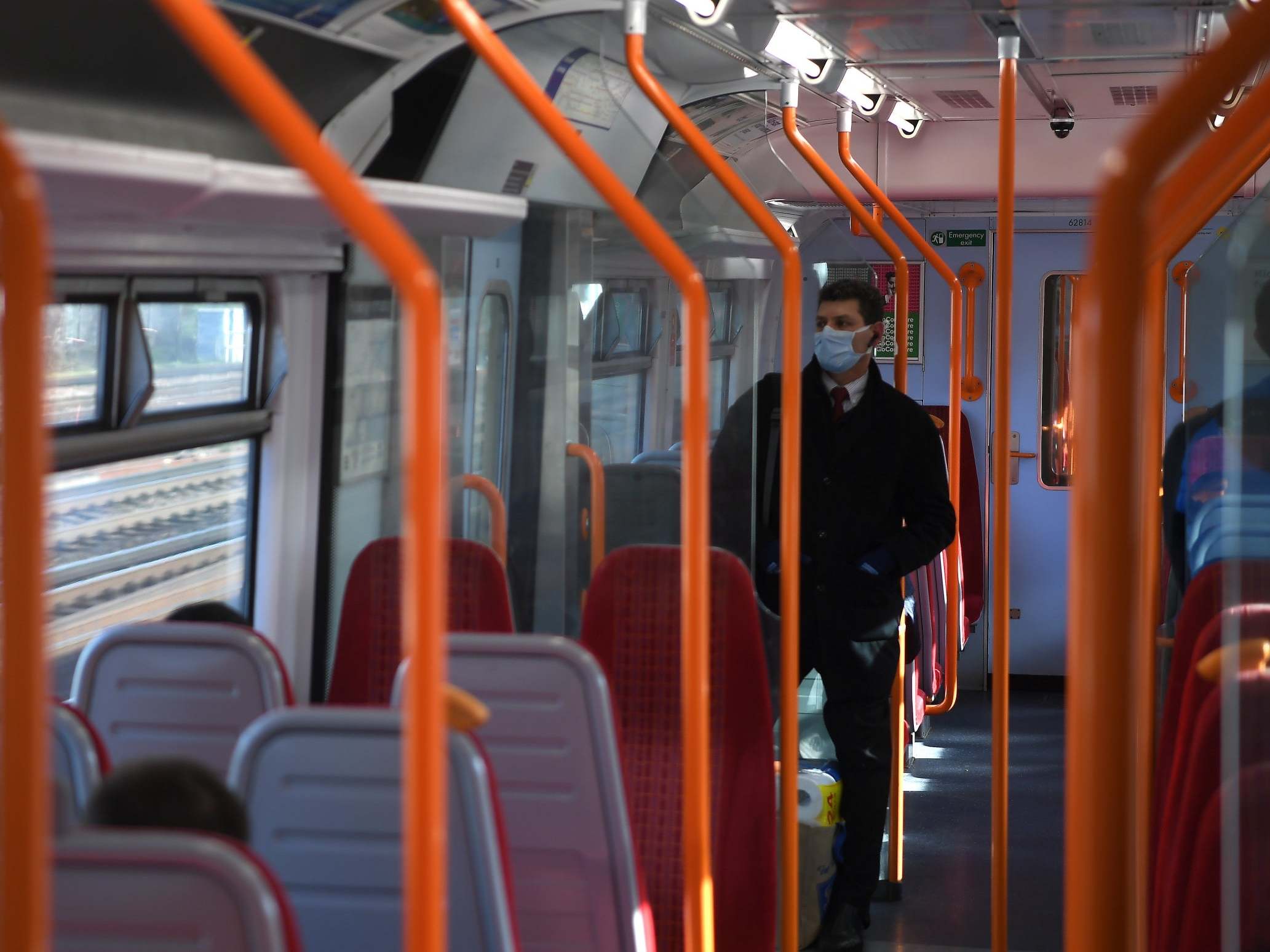Coronavirus: Rail services set to increase this month as lockdown measures are eased
‘We want to help Britain return to what we knew as normal before the pandemic,’ says head of train drivers’ union
Your support helps us to tell the story
From reproductive rights to climate change to Big Tech, The Independent is on the ground when the story is developing. Whether it's investigating the financials of Elon Musk's pro-Trump PAC or producing our latest documentary, 'The A Word', which shines a light on the American women fighting for reproductive rights, we know how important it is to parse out the facts from the messaging.
At such a critical moment in US history, we need reporters on the ground. Your donation allows us to keep sending journalists to speak to both sides of the story.
The Independent is trusted by Americans across the entire political spectrum. And unlike many other quality news outlets, we choose not to lock Americans out of our reporting and analysis with paywalls. We believe quality journalism should be available to everyone, paid for by those who can afford it.
Your support makes all the difference.Rail services are set to increase later this month as part of the gradual easing of lockdown measures during the coronavirus pandemic.
It is understood there will be an incremental increase from 18 May, with rail unions involved in talks with the Department for Transport (DfT) about the safest way to get more trains are running.
Some parts of the country could see weekday services resume to 70 per cent of their normal timetable, similar to a typical Saturday, according to reports.
Union leaders stressed they wanted ensure members’ safety was protected, with one saying lifting the lockdown was still “fraught” with risks to public health.
However, they also expressed desire to help the country begin to get back to normal as some restrictions are lifted in the weeks ahead.
Mick Whelan, general secretary of the train drivers’ union Aslef said: “We want to help Britain return to what we knew as normal before the pandemic, and have agreed with the Department for Transport that we will increase the number of services when and where it is safe for passengers and for staff.”
Mick Cash, general secretary of the Rail, Maritime and Transport (RMT) union, said he was still looking for assurances on passengers and rail workers’ safety.
“There is a headlong dash to lift the lockdown on our transport services for May 18 and it is fraught with danger for both passengers and staff alike,” he said.
Mr Cash warned his union would not agree to anything that faied to put the safety of staff and passengers first.
“If that means advising our members not to work under conditions that are unsafe and in breach of the government’s own guidelines then that is exactly what we will do,” he said.

The three main rail unions, Aslef, RMT and TSSA, sent Boris Johnson a joint letter at the end of last week warning him increasing services would send out a “mixed message” encouraging people to travel by train.
Although the prime minister will outline his “road map” out of lockdown this Sunday – with workers in key industries such as construction expected to be encouraged to return to work – concerns remain about the logistics of enforcing social distancing on trains.
The head of one rail operator told the BBC last month that keeping people apart could reduce the capacity of each train by between 70 per cent and 90 per cent.
A Department for Transport spokesman said: “We are examining a range of options on how transport can respond to support the recovery in a timely way when the time comes and it is safe to do so. We continue to prepare for any scenario we might be asked to support.”
A spokesman for the Rail Delivery Group, which represents train operators and Network Rail, added: “When government decides the time is right, the railway will respond to support the nation during the next phase of the coronavirus response, as it has done throughout the lockdown.
“Our priority will continue to be the safety of our staff and passengers and we will work closely with government and unions to run trains safely while supporting the economy and the public’s health.”

Join our commenting forum
Join thought-provoking conversations, follow other Independent readers and see their replies
Comments